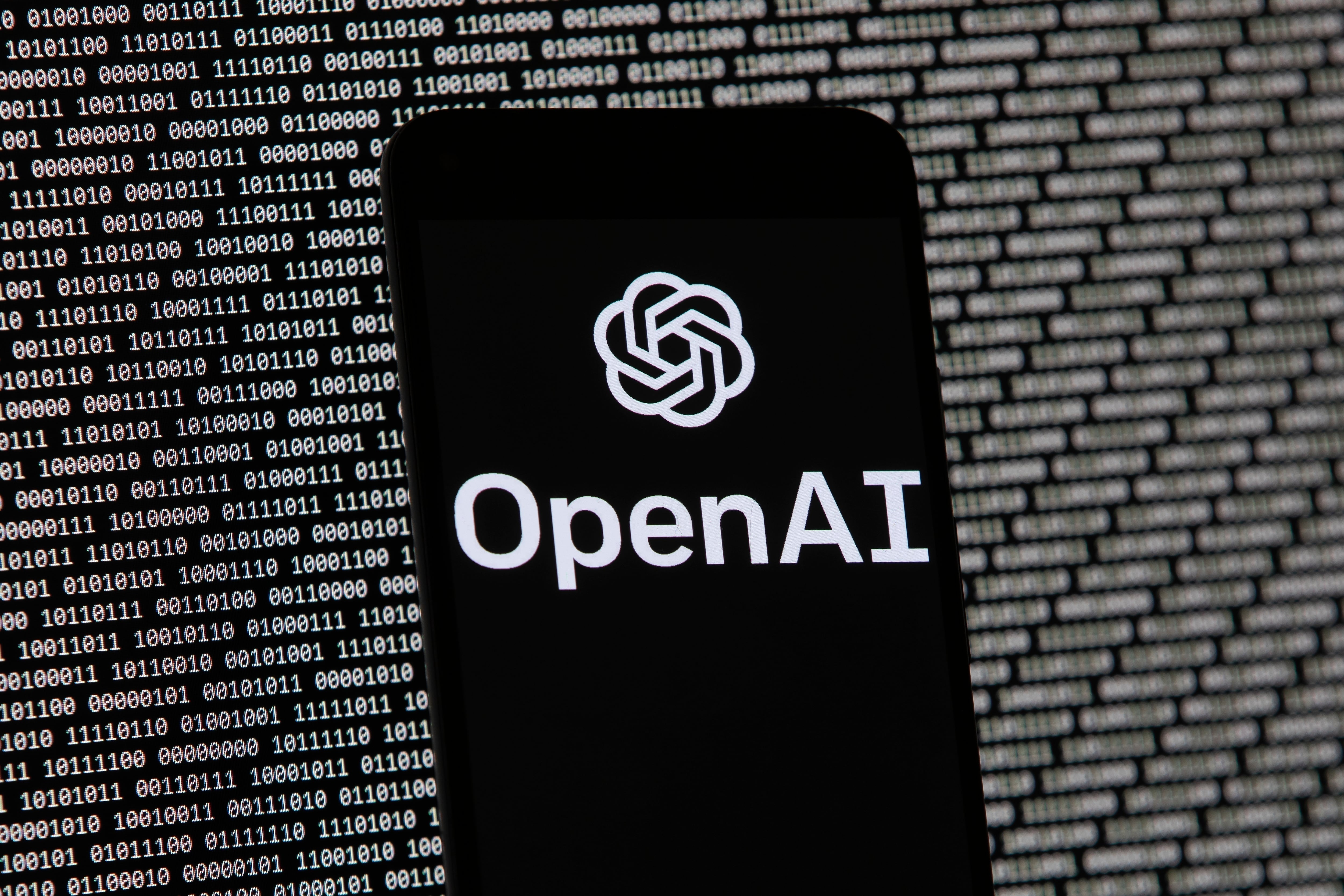NEW YORK (AP) — A federal judge has ruled that The New York Times and other newspapers can proceed with a copyright lawsuit against OpenAI and Microsoft seeking to end the practice of using their stories to train artificial intelligence chatbots.
U.S. District Judge Sidney Stein of New York on Wednesday dismissed some of the claims made by media organizations but allowed the bulk of the case to continue, possibly to a jury trial.
“We appreciate Judge Stein’s careful consideration of these issues," New York Times attorney Ian Crosby said in a statement. “As the order indicates, all of our copyright claims will continue against Microsoft and Open AI for their widespread theft of millions of The Times’s works, and we look forward to continuing to pursue them.”
The judge's ruling also pleased Frank Pine, executive editor of MediaNews Group and Tribune Publishing, owners of some of the newspapers that are part of a consolidated lawsuit in a Manhattan court.
“The claims the court has dismissed do not undermine the main thrust of our case, which is that these companies have stolen our work and violated our copyright in a way that fundamentally damages our business,” Pine said a statement.
Stein didn't explain the reasons for his ruling, saying that would come “expeditiously.”
OpenAI said in a statement it welcomed “the court’s dismissal of many of these claims and look forward to making it clear that we build our AI models using publicly available data, in a manner grounded in fair use, and supportive of innovation.”
Microsoft declined to comment.
The Times has said OpenAI and its business partner Microsoft have threatened its livelihood by effectively stealing billions of dollars worth of work by its journalists, in some cases spitting out Times’ material verbatim to people who seek answers from generative artificial intelligence like OpenAI’s ChatGPT.
—————
The Associated Press and OpenAI have a licensing and technology agreement that allows OpenAI access to part of AP’s text archives.









